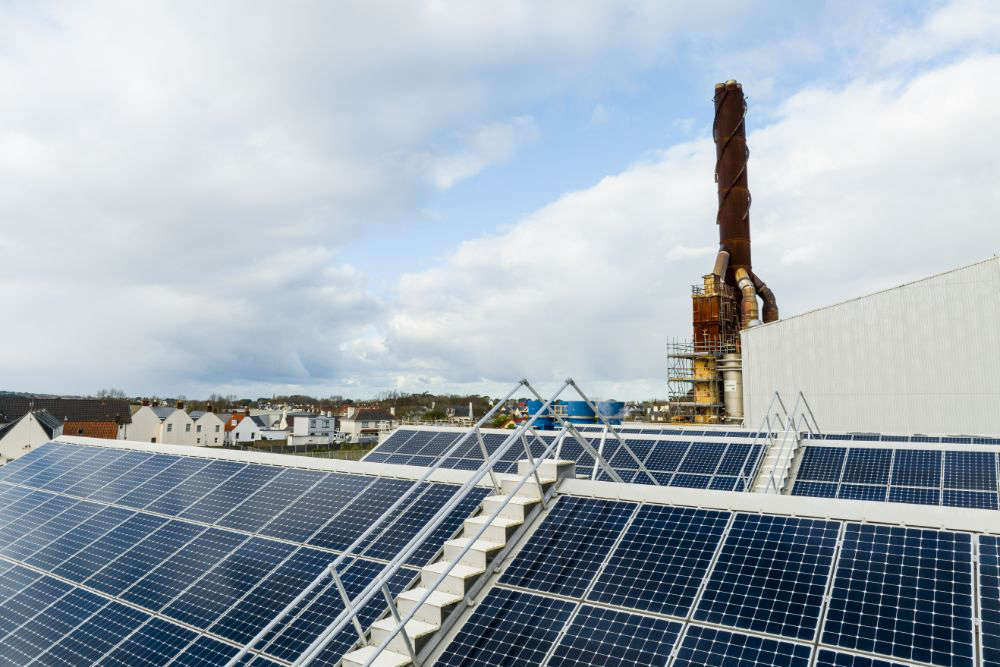
Households in Guernsey are facing a fourth rise in their electricity bills in as many years.
The announcement comes as long-term contracts with European suppliers end.
Forward-buying electricity has kept Guernsey insulated from the shocks experienced elsewhere, but consumers have been paying more since 2022, with price increases year on year.
The States-owned utility has to apply to its shareholder, the STSB, for permission to increase prices. Deputy Peter Roffey is its president:
“Islanders have been relatively fortunate to have been largely shielded from the massive hikes in energy bills we saw happening elsewhere in recent years.
"That is thanks to the fixed-price agreements that were in place for the electricity that we import. Those are ending, so we are having to adjust to wholesale market prices."
Electricity prices rose by 10% in July 2024, 13% in 2023 and by 9% in 2022.
Guernsey Electricity had asked for a 9.5% tariff increase but it was capped at 8%. It has successfully made the case for increasing the standing charge, paid by all consumers, from 12.5% to 15%.
This equates to an increase of roughly 95 pence per day, or £346 a year.
GE says it is doing this to protect customers who are unable to buy into home scale renewables, like solar panels and heat pumps.
Deputy Roffey says these customers would end up paying proportionately more of the cost of maintaining the distribution and power network:
“The risk is that, as more customers adopt localised or behind the meter sources of electricity, [GEL’s] revenues from its variable charges will reduce disproportionately and it will be unable to afford the fixed costs of maintaining/upgrading the network without disproportionate increases in its variable charges.
“Those most adversely affected would be the remaining customers who cannot afford to adopt micro-renewable technologies, such as solar PV, or are unable to do so."
Finally, the utility, though efficient compared to its Jersey and Isle of Man counterparts according to a recent review, will be asked to make £1.8M of savings by the end of 2027.
The review concluded:
“Even the most efficient company can be expected to make productivity improvements over time, for example by improving processes and adopting new technologies.”
The tariff increases come into effect on 1 July 2025.


 Guernsey's Water Lanes to remain uncovered
Guernsey's Water Lanes to remain uncovered
 Guernsey's greenhouse gas emissions fall
Guernsey's greenhouse gas emissions fall
 Work on Guernsey's Victor Hugo Centre may begin by Easter '27
Work on Guernsey's Victor Hugo Centre may begin by Easter '27
 Channel Islands mobile portability issues to be resolved soon
Channel Islands mobile portability issues to be resolved soon
 Channel Islanders in the Middle East told to follow local warnings
Channel Islanders in the Middle East told to follow local warnings
 Freehold of Guernsey's Premier Inn for sale
Freehold of Guernsey's Premier Inn for sale
 Unprecedented demand for cesspit emptying in Guernsey
Unprecedented demand for cesspit emptying in Guernsey
 Food will not be exempt from GST in Guernsey
Food will not be exempt from GST in Guernsey

